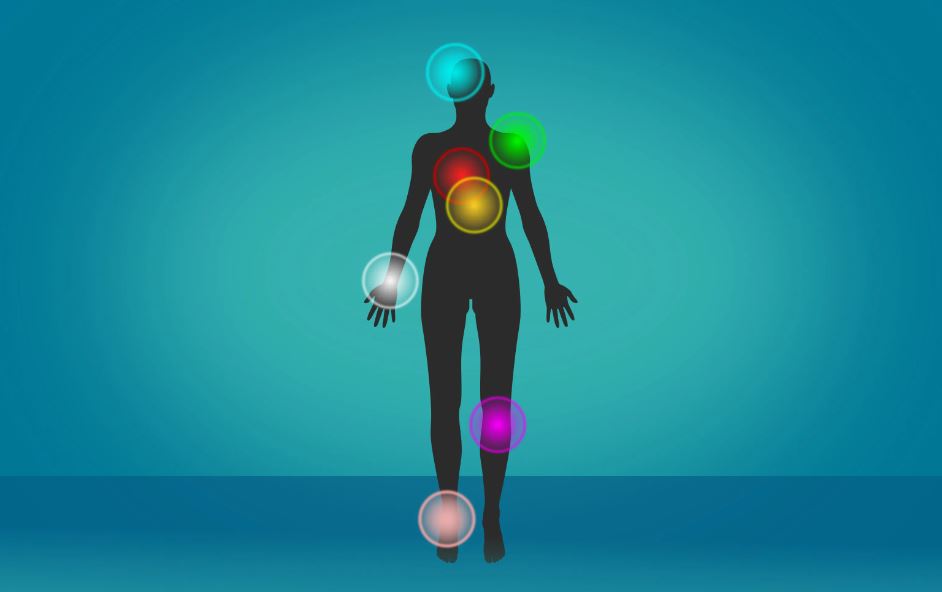Consistent evidence links cigarette smoking to increased levels of persistent discomfort. Although about 2.1 million of Australian adults now smoke, over 50% of those who suffer from chronic pain are also smokers. Tobacco use is thought by researchers to help chronic pain patients cope with the physical and emotional distress that comes with their disease.
Tragically, smoking can make chronic therapy worse in a number of ways. Secondary pain disorders, such as lower back pain or arthritis, may develop as a result of smoking’s negative effects on health. In addition to increasing pain perception, tobacco smoking reduces the effectiveness of several pain relievers.
Is Smoking Really That Dangerous?
You can’t be an Australian in the 21st century and not know that smoking is terrible for your health, but you might not be aware of just how bad it is. To sum up, smoking is one of the most detrimental behaviors you can have for your health. More than 21,000 fatalities in Australia per year have been related to smoking.

- Numerous studies have established a connection between tobacco use and lower back discomfort. While the specific mechanism is uncertain, it may be related to decreased spinal circulation.
- Lung cancer; smoking causes more than 60% of lung cancer fatalities in Australia.
- Chronic obstructive pulmonary disease (COPD), which makes breathing difficult and is a significant cause of mortality in Australia. This illness cannot be treated at this time.
- Among the primary causes of cardiac arrest in Australia is coronary heart disease (CHD). Heart oxygenation arteries are damaged in this disorder.
- Damage to the bronchi and alveoli (air sacs in the lungs) begins almost immediately after one begins smoking, leading to a decline in lung function.
- Rheumatoid Arthritis — It is not well known how smoking increases the risk of rheumatoid arthritis, but it is thought that it weakens the immune system such that it targets the joints.
- Hypertension – the nicotine in cigarettes can narrow blood vessels, leading to an increase in blood pressure.
Smoking Worsen the Chronic Pain Experience.
Smoking can exacerbate pre-existing pain issues, such as arthritis, COPD, and low back pain, and can also cause numerous severe health problems. Smoking’s detrimental impact on recovery is among its most pressing health consequences. Smoking constricts blood vessels because nicotine is a vasoconstrictor. Because of this, the body’s healing mechanisms receive less oxygen and nutrients.
Smoking not only reduces the body’s ability to recover by cutting off its supply of oxygen and vital nutrients, but it also causes weariness that can persist for a long time. Clogged airways in the lungs, resulting in decreased oxygen intake, are the cause of this weariness. It’s also thought that nicotine might make you feel full sooner than usual, leading to a lack of nutrients and perpetual fatigue.
It is widely held that smoking prevents one from entering a deep sleep state. Lack of sleep over a lengthy period of time can delay the body’s natural ability to repair itself, which can hinder the alleviation of chronic pain. Chronic sleep loss can also increase your sensitivity to pain and decrease your tolerance for discomfort.
Remember that nicotine has several effects on the brain. First, nicotine triggers the release of the neurotransmitter dopamine, which is responsible for the experience of pleasure. It’s because of this that so many individuals find themselves unable to quit smoking cigarettes.
This short-term pleasure reaction, which might temporarily dull pain, is unfortunately also a terrible incentive to harm one’s health. People who smoke exchange temporary relief for serious health issues down the road.
Smoking may also have negative effects on pain management because of its influence on mental health. Know that one situation can set off the neurochemical circuits of pain, anxiety, and sadness.
Cigarette smoking has been linked in several studies to an increased probability of clinical depression. Whether or not sad persons are more likely to start smoking, and whether or not depression is a common side effect of smoking, there is substantial evidence that smokers experience increased levels of this mental health issue. Regardless of the root cause, depression is known to amplify both the intensity and frequency of pain episodes.
And last, it’s likely that cigarette use reduces the effectiveness of pain drugs. An impact of smoke on the liver is likely to blame. Certain liver enzymes that enable pain medicines are inhibited by tobacco smoke. Please inform your doctor if you smoke, so that they may change your medication accordingly.

Quitting Smoking as a Means of Alleviating Chronic Pain
Everyone should try to kick the habit as soon as they possibly can, but for those with chronic pain, this can be very challenging. Many people who live with chronic pain smoke to dull the discomfort they feel. This is despite the fact that there is solid research showing that this is only a temporary solution.
Pain is sometimes made worse by the worry and melancholy that typically accompany nicotine withdrawal. These factors may account for the poor success rate of smokers trying to stop among those with chronic pain.
If you and your doctor have discussed quitting smoking and you feel ready to give it a go, here are some ideas to consider. Emotional factors that cause you to smoke can be mitigated by stress management. This may need adjusting one’s habits and routines.
People who quit often do so suddenly. You may find the moral support to overcome addictions via individual, group, or telemedicine counselling.
Numerous people have found success in overcoming their nicotine addiction with the use of hypnotherapy and nicotine replacement therapy (NRT) products including gum, patches, and inhalers.
Tobacco use should be eliminated entirely. New drugs like varenicline and bupropion can help relieve nicotine withdrawal, making it easier to stop. Thoroughly wash any household materials and your automobile to eradicate any tobacco odours.
For more information on chronic pain symptoms, chronic pain resources or effective chronic pain management options, you should book a consultation session with a specialist at Chronic Therapy today, to give you professional advice that will suit your personal experience.
